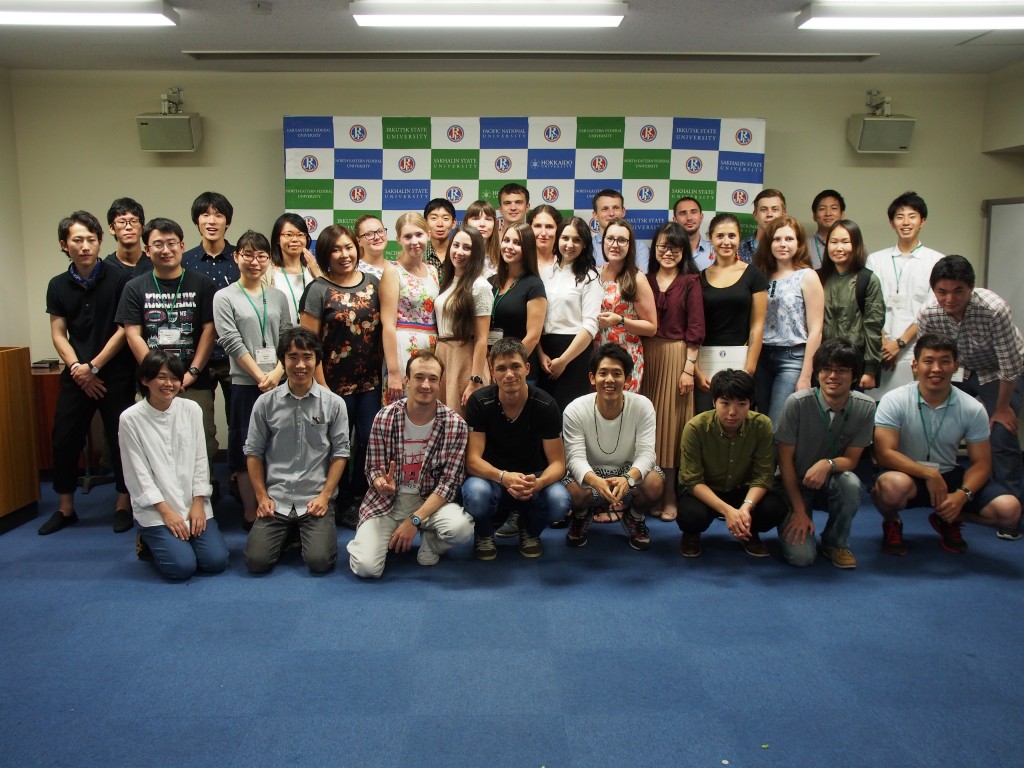Conservation Ecology Fieldwork for Humanities
Sebekin Sergei
Home University Irkutsk State University
| School | History faculty |
|---|---|
| Major | Department of world history and international relations |
| Course | Master Year 1 |
| Field work | Conservation Ecology Fieldwork for Humanities Aug. 12th-19th, 2016 |
FY2016 Basic Subjects
Contents of the report
I participated in Course 4- Conservation Ecology Fieldwork for Humanities. The training took place in Shiretoko National Park and partially in Sapporo. The course was devoted to study of nature in Shiretoko-flora and fauna, conservation biodiversity and ecology of the peninsula. Also, attention was paid to study of indigenous people who live in Far East Russia and Hokkaido (such as Ainu people). After this course we listened to the lectures which were devoted to problems of conservation ecology, architecture, as well as problems of relationship history between Japan and Russia.
Learning outcomes
I learned about problems and challenges that threatened ecological situation in Japan and Russia, and we devoted solutions of this problems. Each participant received necessary knowledge and established useful contacts. I gave a collective final presentation upon completion of lectures in Sapporo. I think all this will help me realize my future profession.
Experiences in Japan
My field practice was held in Shiretoko National park where I got an experience of how to create a tourism recreation in the special economic zone without harm to the environment. I noticed that Japanese people had great respect for each other and to nature, so this reflected not only in approach to store their environment, but also in their society.
Influence on future career goals and choices
As a result of passage of learning in the RJE3 Program, I got a lot of experiences and knowledge that will be useful to me in my future work in areas of my scientific interests like cyber warfare, cyber security and digital government.
I started to think about applying my profession to protect natural environment.
For example, digital technology can track animals’ location in real time and display that information on the interactive map which is available for tourists. Also, the possibility of cyberspace can be used to create intelligence system for monitoring the environmental situation. Information obtained from the system can be transferred in the research center and stored in special data centers.


